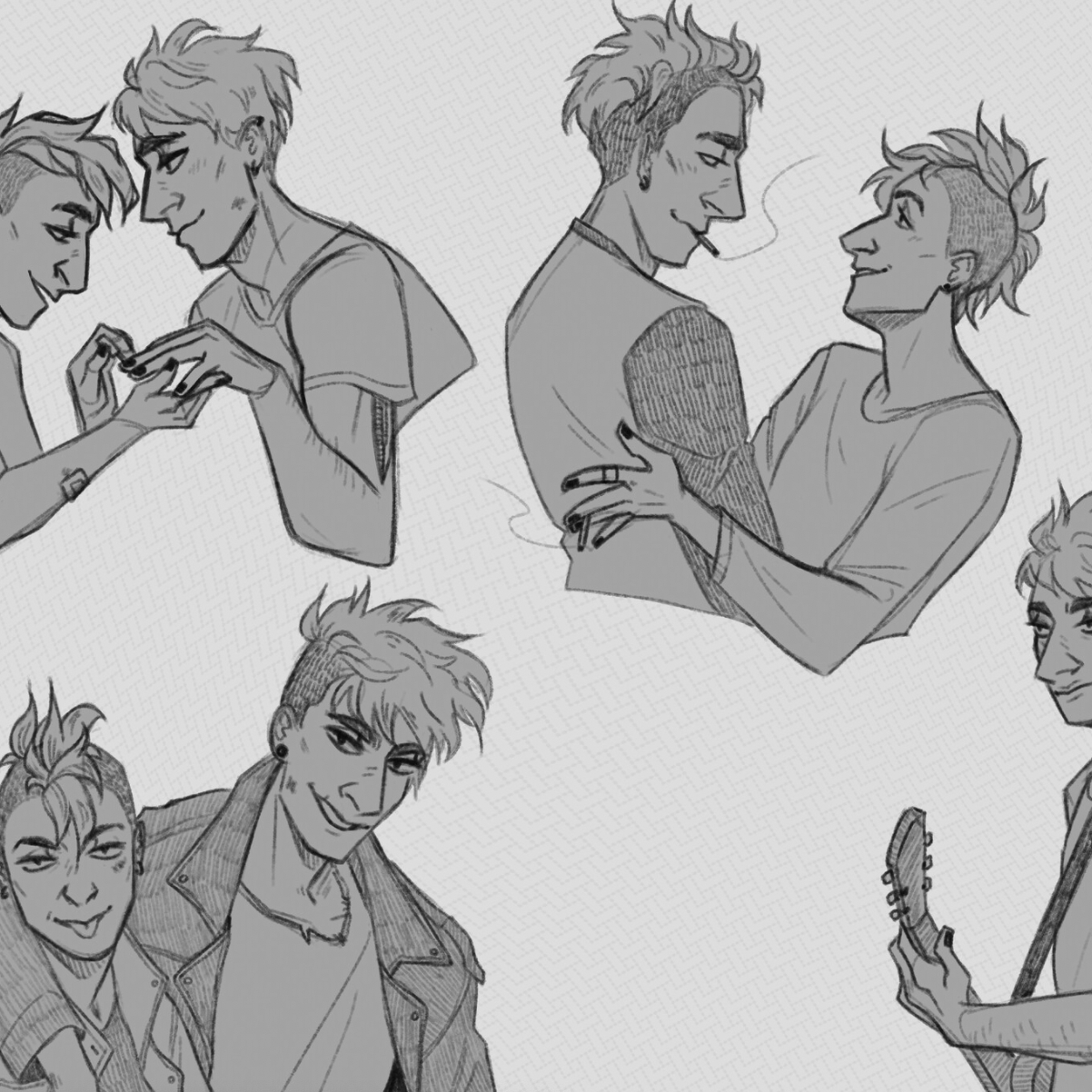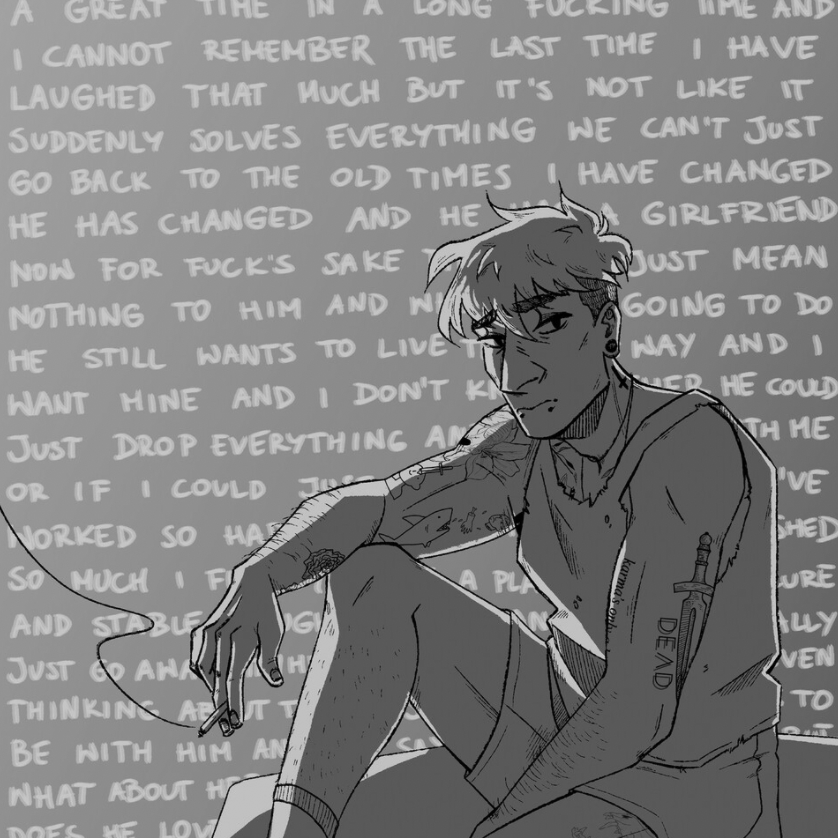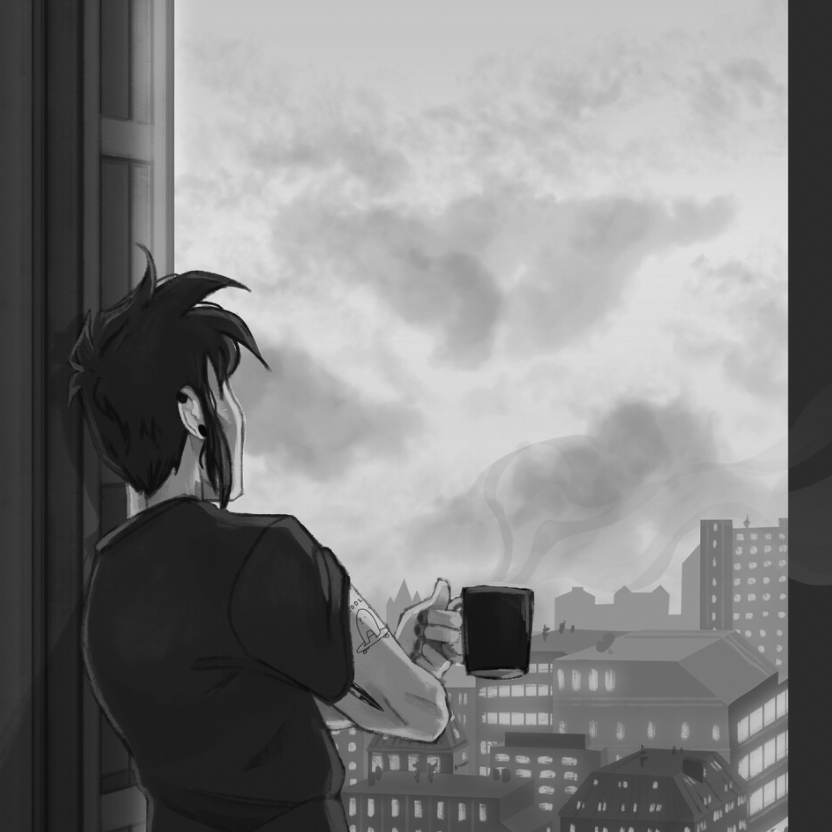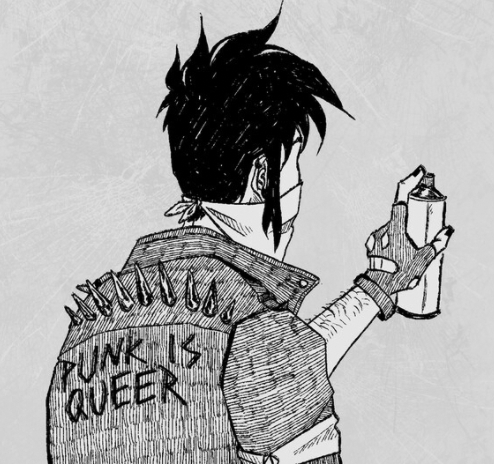The Abertay Digital Graduate Show features a smorgasbord of brilliant projects. There are over 100 digital projects in the online exhibition, which spans videogames, interactive technologies, animation, digital design, and more. These are all created by the honours students at Abertay University’s School of Design and Informatics.
This year, the showcase was held at V&A Dundee, and livestreamed over YouTube. Before the awards ceremony, three of the graduates were featured in conversation with some of Abertay’s industry partners. Over the past year, I’ve learnt more about what it means for a piece of media to be feminist. Feminist work doesn’t need to directly acknowledge feminism as an ideology in order to have value. You can portray almost anything through a feminist lens. This hugely widens the scope of possibility rather than simply having a narrative focus around feminism as a concept without being connected to anything else.
One of the three featured projects at the showcase was by Majsko Sekula, a computer arts graduate. This one was by far my favourite of the three. Sekula’s project, “Do It For Yourself,” seeks to reclaim the punk space, by combining visual art theory and punk ethics in the creation of a queer narrative presented in a zine format. Sekula engaged in conversation with Kayleigh MacLeod, who teaches at Abertay’s School of Design and Informatics. They mentioned that mainstream media portrays punks as “violent” and “mindless.” This couldn’t be further from the way Sekula framed punks in their project.
Punk, to Sekula, and to me, is about opposing the status-quo with the aim of fighting inequality. A line from early on in the zine reads “Punk is remembered from its peak popularity, as sexist, fascist and violent.” However, the following page shows a smiling person crouching on a wall against a sunset full of clouds. The accompanying sentence reads “But it has another side to it. One of self-empowerment, freedom, and love for everyone.” Sekula dives right into this second side, and it’s wonderful to see.





To those who have learnt about punk from mainstream media, it’s very easy to see punk as simply a collection of chaotic hairstyle choices and grungy music. By refusing to engage with what punk became in the 80s, and bringing punk back to its queer feminist roots in the zine, Sekula essentially redefines a redefinement. Their focus on reclaiming agency, and what they term “DIY Ethics,” is essential. The true centre of punk is ethics and morality, not destruction, or even music. Sekula’s zine is inspired by the fact of the continuing need for a creative space after the 80s punk era, which resulted in queer feminist punk. The kind of punk that focuses on “self-care”, “feeling powerful”, and “creating safe communities based on collective work.”
On listening to Sekula’s conversation with MacLeod, and on reading the zine, I was reminded of a viral image of a punk crouching down at a Pride to let a kid touch the spikes on his jacket. Sekula’s zine epitomises the energy in that image, the truth that punk is about care and self-determination, not about violence or destruction. Punks are kind people, and kindness doesn’t mean weakness. In fact, the majority of images in the zine are of the characters sharing sweet moments with each other. I recently came across the term “hopepunk” and absolutely love it. I see a lot of hopepunk in Sekula’s zine, from the drawing of two characters looking out over a sunny park with “maybe?” written in the top right, to the manifesto near the end.
Reading this manifesto reaffirmed my thoughts about punk meaning softness – radical softness. Softness is so often radical because, as Sekula says, self-care is not self-indulgence, self-care is hard work. All Sekula’s manifesto points are very applicable, but the ones that hit me the hardest were points eleven and twelve, which are “Stand by what you believe in. Don’t let just anyone explain yourself to you,” and “Out of spite for everyone that hates you and wishes you all the worst, be happy.” Point eleven brings the idea of “DIY Ethics” full circle. I really love how the front page of the zine is stylised – the words “Do It Yourself” are typed, and the word “For” has been sprayed in by the main character of the zine, Rave, who’s holding a spray paint can underneath the title. When you do things “for,” yourself, you are making sure that the things you do in your life empowers you and cultivates your self-agency, while also not letting others shape your sense of self in ways that don’t help you.
When I read point twelve of the manifesto, I was immediately reminded of the “Bitch” poem in the zine. Being called a “bitch” is about someone being angry that they can’t control you, not that you’re a bad person or are causing harm. If your ethics are DIY, you are much less likely to succumb to the feeling that you really are a bitch and that standing up for what you believe in is a crime. The line that stuck out to me in regards to the radical softness element of punk was “I’m not saying start going around calling other people bitches.” That kind of action is what mainstream media might want us to believe about punks, but in fact, punk is about not sinking to the level of those who don’t want to cultivate spaces for self-expression and spaces for care.






Sekula’s zine won the NEoN Digital Arts Prize at the Abertay Digital Graduate Showcase. Other feminist work that’s worth checking out at the online graduate show includes Flower Women by Amy Lowe, Dzitor the Wandering Goddess: The impact of History on Race Today by Senanu Tordzro, and Filling the void, creating a space for LGBT heroines in fiction by Nicole Lorraine Thompson, to name only a few.
You can see the showcase of student work in poster form at Slessor Gardens in Dundee until August 8th.
See Majsko’s project here.
Watch the livestream of the showcase and see the full online exhibition here.
Words: Beatrix Livesey-Stephens
Images: Majsko Sekula

Leave a comment